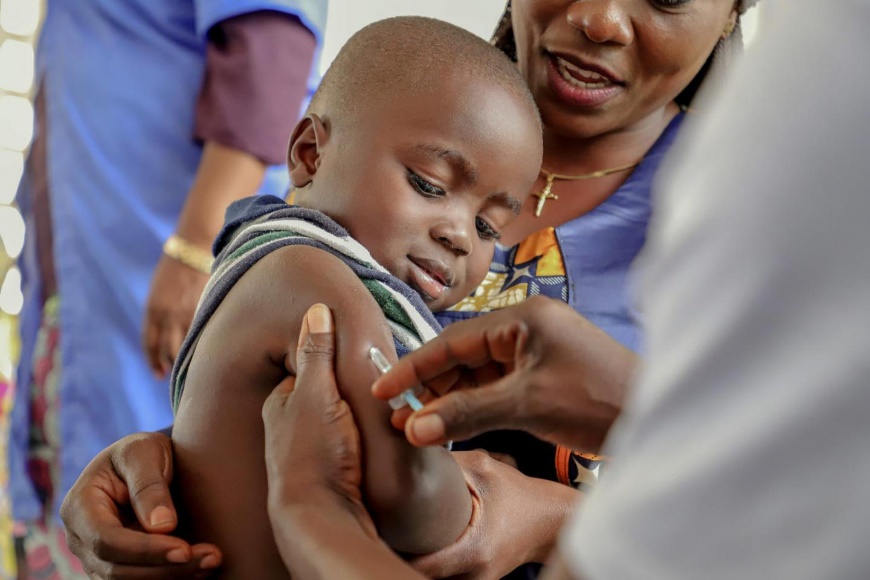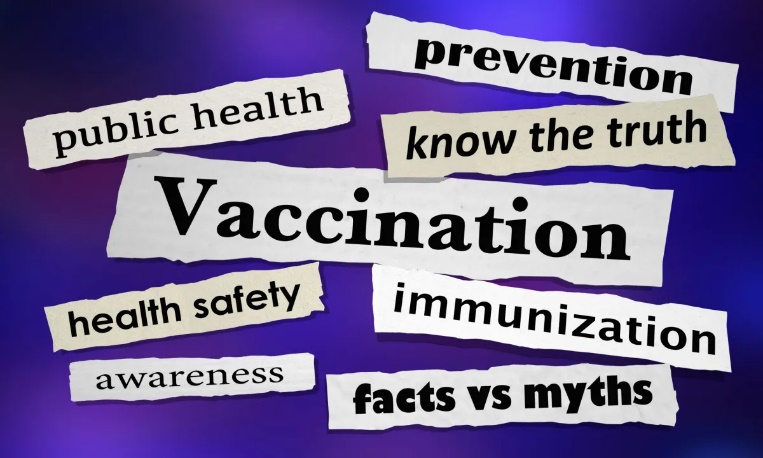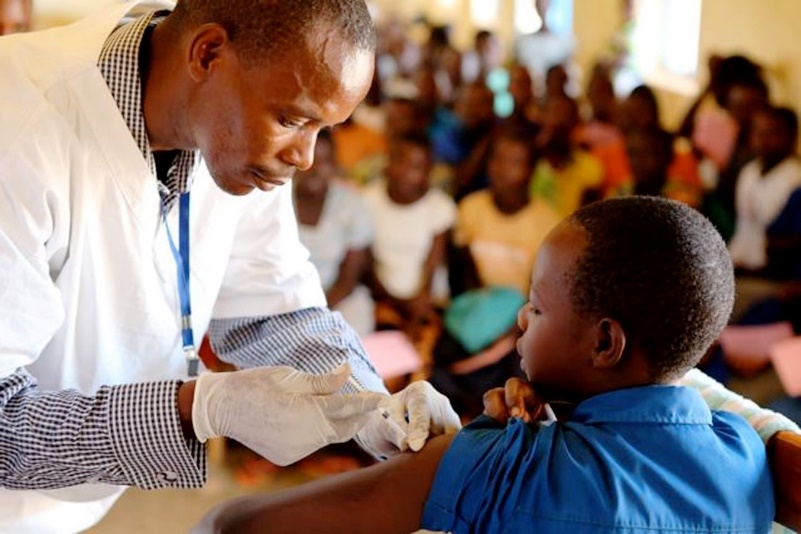
Avellon Williams
TRINIDAD AND TOBAGO- Caribbean Immunisation Technical Advisory Group (CITAG) has notified Caribbean Ministers of Health and Chief Medical Officers of a substantial decline in childhood vaccination coverage in Caribbean countries during COVID-19.
CITAG says the number of unvaccinated infants is as high as three out of ten in some countries, putting them at risk for diseases such as measles, polio, and other diseases eliminated in the Americas but still prevalent elsewhere.

“It is essential that countries conduct routine vaccination campaigns targeted at children under five years of age to ensure that they are fully vaccinated.”
In addition to urging countries to involve pediatricians and private doctors in the campaign, CITAG suggested that senior nurses and other health care providers be employed to assist the health team.
They added that it is also important to maintain vigilance against vaccine-preventable diseases, because of the increased risk of visitors bringing diseases such as polio, measles, rubella, or other childhood communicable diseases back to the Caribbean. Acute flaccid paralysis, rash and fever surveillance need to be improved.

In the face of many challenges, CITAG lauds countries for the tremendous work they’ve done in response to COVID-19.
“Staff members of our health system and front-line workers have worked hard and sacrificed greatly.”
“While Caribbean countries have made heroic efforts, the WHO goal of vaccinating 70% of our adult population with COVID-19 vaccine has not yet been met. Among our most vulnerable populations, persons over 50 and adults with comorbidities, over 50% remain unvaccinated.”
According to CITAG, the goal for COVID-19 vaccination is high vaccination coverage among the elderly and people with comorbidities. “In order to improve access, we should simplify the vaccination process and increase opportunities for vaccination, including involving more physicians in the private sector.”

“Educating individuals face-to-face by trusted persons, such as nurses, doctors, and informed grassroots leaders and pastors, can dispel misconceptions and convince many to accept vaccination.”
The CITAG recommends that countries first improve childhood vaccination coverage and adult COVID-19 vaccination of the elderly and persons with comorbid conditions before implementing COVID-19 vaccination for children 5 to 11 years of age.
“In most cases, COVID-19 does not cause serious illness in young children.”
CITAG advises that countries should vaccinate children with severe immune disorders by having their pediatrician administer the vaccine instead of routinely vaccinating children under 12 years old with COVID-19.

They said to ensure that children can attend face-to-face classes, schools should be kept open as much as possible. “A few basic precautions should be observed, such as wearing masks, maintaining hand hygiene, and maintaining a good distance.”
The CITAG concluded that the Caribbean has a significant heritage of strong national immunization programmes resulting in high immunization coverage of routine childhood vaccines. Financial and human resources must be prioritized by governments to support all aspects of the EPI Programme.




